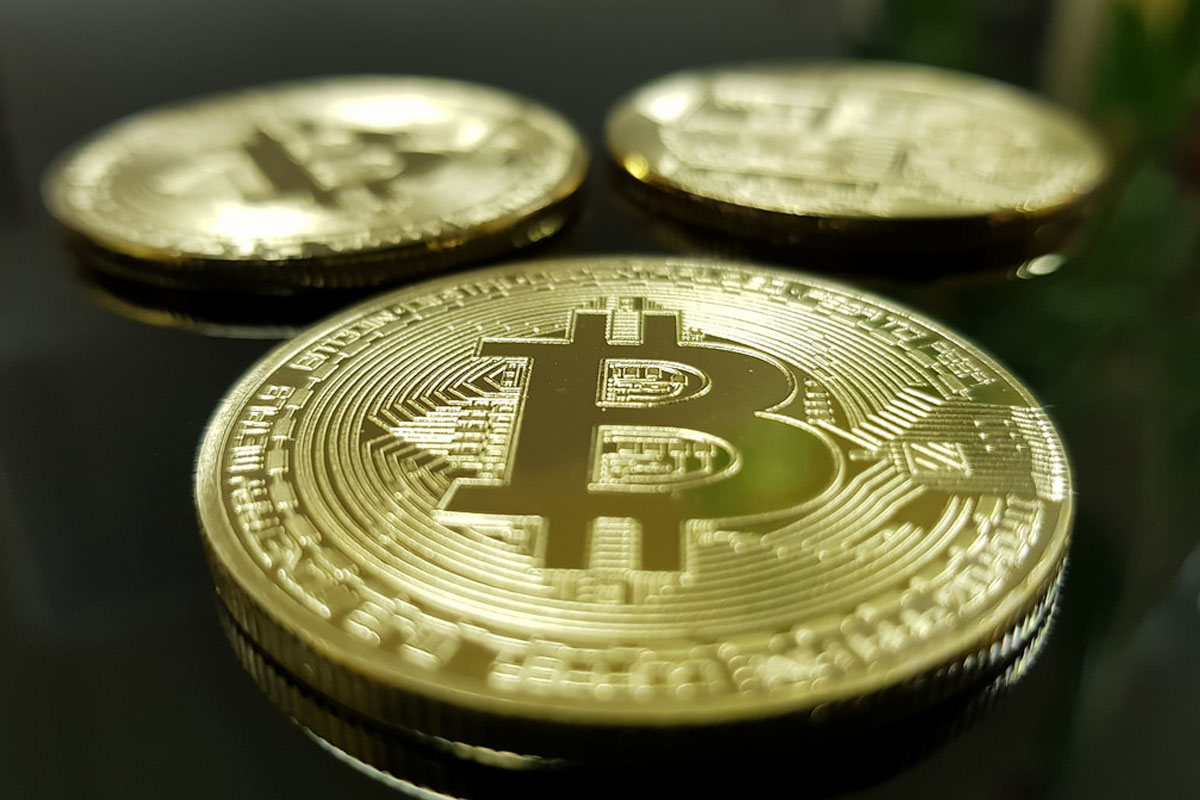Kate’s Data Breach Sparks Urgent Call for Enhanced Security Measures
After Kate Middleton's alleged data incident and possible internal attack at the London Clinic, there's a clear need for security in cyber...

With a fiat currency, a government or regulator is able to simply ‘mint’ new money every time the circulating supply of notes or coins becomes too small. Given that Bitcoin relies on no central authority, it is what we call a ‘deflationary’ currency, in that its value would only increase as it becomes more scarce.
The total supply of circulating Bitcoins is capped at 21 million, and more Bitcoins cannot be created. It is estimated that, sometime closer to the year 2140, the last Bitcoin will be mined.
This effectively means that no new Bitcoins will enter the monetary system. However, this does not mean that the Bitcoin network will cease to function as a whole.
As you may know, Bitcoin relies on a network of ‘miners’ instead of a trusted middleman to verify and authenticate transactions.
Miners leverage complex computer systems with special software to verify blocks of transactions. By creating a ‘correct’ hash sequence, each block becomes sealed off and the miner responsible for verifying transactions is rewarded with an allocation of Bitcoins.
At the time of writing, miners receive 12.5 Bitcoins per each verified block as a bounty. This amount diminishes by half every 210,000 blocks – meaning that, in the future, miners will receive 6.25 Bitcoins per each verified block, and so forth.
The fact that there will only ever be 21 million Bitcoins in existence ensures their value over time. As the amount of bitcoin created in each block decreases over time the dollar value of each Bitcoin goes up.
‘Block rewards’, however, are not the only source of income for Bitcoin miners participating in the network. Miners also benefit by receiving transaction fees from users who wish to exchange value in the Bitcoin network.
Transaction fees, somewhat similarly to those charged by a bank, take a percentage or part of an incoming or outgoing transaction. Larger sums of Bitcoin in transit attract higher transaction fees.
Transaction fees are also a means to incentivize miners – users can attach a larger transaction fee reward to the sum they wish to transfer in order to ideally facilitate a faster exchange.
It is estimated that by the time the last Bitcoin has been mined, transaction fees will provide the same value to Bitcoin miners presently seeking block rewards, despite not having the same figure value.
Given that Bitcoin is deflationary, it is thought that as it functions as a ‘Store of Value’, its value in the market will only increase in time. In layman’s terms, this may mean that as the price of Bitcoin increases, the fiat value of one Bitcoin today might be the equivalent of a particular transaction fee a hundred years from now.
This proposition is, of course, reliant on the fact that Bitcoin’s value increases over time. If Bitcoin is unable to accrue significant value, cannot find retail adoption, or is ultimately passed over in favor of another cryptocurrency or even technology, the Bitcoin network’s final outcome may differ.
One of the central arguments made in the Bitcoin community is the path to ensuring that Bitcoin, as a monetary system, can meet this intrinsic goal. Some have argued that by prioritizing throughput (the maximum amount of transactions achievable per second) Bitcoin can rapidly be adopted between merchants, governments, and users alike.
Another school of thought details that Bitcoin must first become a store of value (such as gold) before it meets retail adoption as a means of exchange.
After Kate Middleton's alleged data incident and possible internal attack at the London Clinic, there's a clear need for security in cyber...
Some scams are easy to see, but others might look like a worthwhile investment opportunity. Here are some crypto red flags to look out for.
A guide on how to buy Bitcoin using a credit card for first time users and steps to use when registering an account.
There are a few key differences between a spot Bitcoin ETFs and other Bitcoin ETFs in how they are structured and direct exposure to...